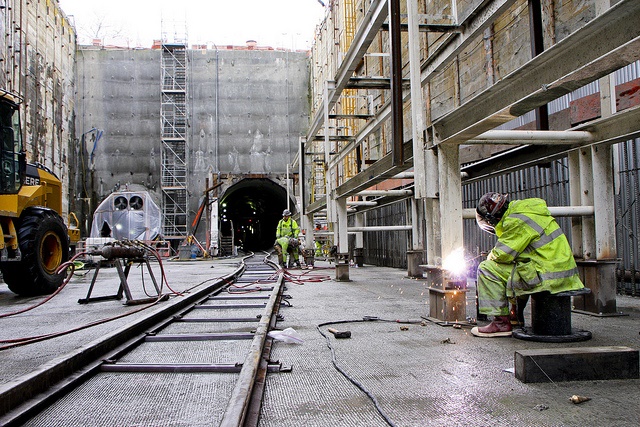The Peninsula
Three Questions Behind Korea’s Decision to Join the Asia Infrastructure Investment Bank

By Mark Tokola
One March 26th newspaper headline read: “South Korea Seeks Membership in Asian Infrastructure Investment Bank.” Another newspaper’s headline read: “Decision to Join China-Led Bank Tests South Korea’s Ties to U.S.” The latter probably drew more readers because, face it, stories about multilateral lending institutions rarely stir excitement. Stories about potential rifts between the U.S. and its allies, on the other hand, feed an ongoing demand to keep a scorecard of countries’ standings in the international leagues. There is a significant story behind the headlines about Korea applying to be one of the founding members of the Asian Infrastructure Investment Bank (AIIB), but it is to be found in the answers to three questions, none of which is whether South Korea likes the United States or China best.
Will the AIIB fill a real need? The Asian Development Bank (ADB) estimated in 2009 (long before the AIIB was proposed) that during the decade beginning in 2010, between $8 and $13 trillion would need to be invested in infrastructure to keep Asia on its development track. The ADB itself has $160 billion in its capital base. The World Bank has $223 billion. And, the ADB and World Bank lending programs support objectives such as environmental protection and gender equality, not just infrastructure development. The AIIB’s additional $50 billion in capital, focused on infrastructure, will not close the gap between available capital and needed infrastructure investment spending, but it will help narrow it. That, by the way, is what U.S. Treasury Secretary Lew has been saying all along: more capital, under the right conditions, is a good thing. U.S. Treasury Under Secretary Nathan Sheets has said: “The U.S. would welcome new multilateral institutions that strengthen the international financial architecture.” The World Bank, IMF, and ADB have all welcomed the AIIB.
Why have there been concerns about the AIIB? Following Xi Jinping’s speech in October 2013 proposing the AIIB, there was concern that a China-dominated lending bank might fail to meet the international standards set by the World Bank and regional development banks in transparency, responsible lending, and sustainability. These concerns were not irrational given China’s record of opaque lending to developing countries, and in light of the economically unnecessary and unviable infrastructure projects that China has undertaken at home and abroad. China has heard this potential criticism of the AIIB and has insisted that it will meet international standards. Given the AIIB membership – now to include the UK, France, Germany, New Zealand, Singapore, and other countries with international lending experience – there will be plenty of internal scrutiny to hold the AIIB to its commitment to high standards.
Why has the Republic of Korea joined the AIIB? Korea was not among the initial founding countries, perhaps waiting to see what other countries decided to do. Given that it will now be part of a group of liberal, market economies in the AIIB, that clearly is more comfortable than being in the AIIB with few fellow OECD members. Korea also looks to expand its already considerable overseas construction activities. Being part of the AIIB is one way of making sure that Korean firms have support in their bids on Asian infrastructure projects. Does this means a rift between Seoul and Washington? U.S. officials have asked that countries signing up to be part of the AIIB make efforts to ensure that the bank operates according to high international standards. The Korean government, in making its announcement to join, said that it will help the bank set “high level standards that are in line with those of existing multilateral development banks in responsibility, transparency, governance, and debt sustainability.” Far from being at odds, that sounds like two governments that are in agreement about what they expect of the AIIB.
Moises Naim in his astute book “The End of Power” offers the very wise advice that commentators on international affairs “should get off the elevator.” The obsession with who is up and who is down is so woven into our intellectual fabric that it can get in the way of more productive thinking. Relations between China and the United States are not a zero sum game. If China succeeds in doing something that serves the world well, such as putting its massive capital holdings to productive use, that would be a good thing. By starting the AIIB, China is on the hook to make it a success. If South Korea can help them do that, it will be good for all of us.
Mark Tokola is the Vice President of the Korea Economic Institute of America. The views expressed here are his own.
Photo from SoundTransit’s photostream on flickr Creative Commons.
